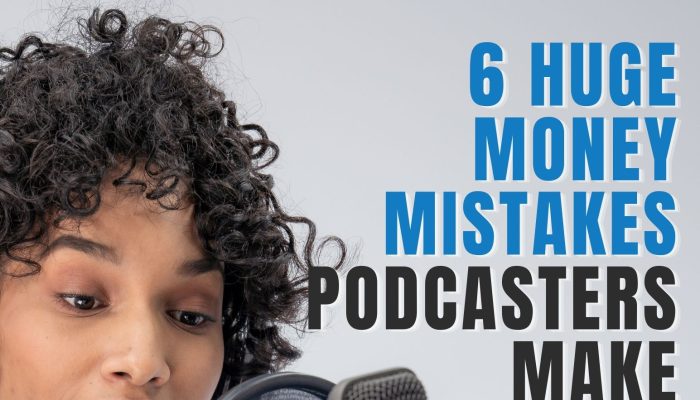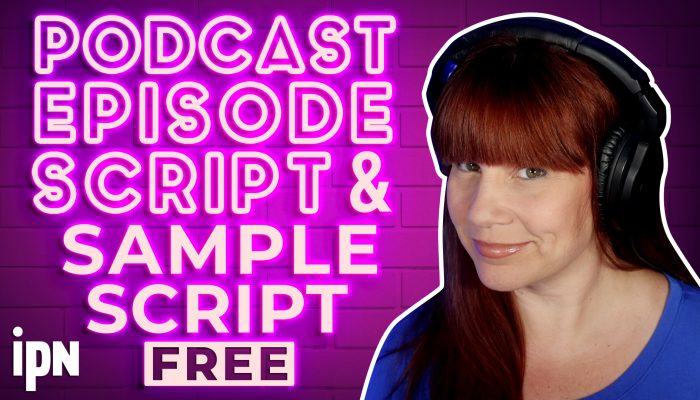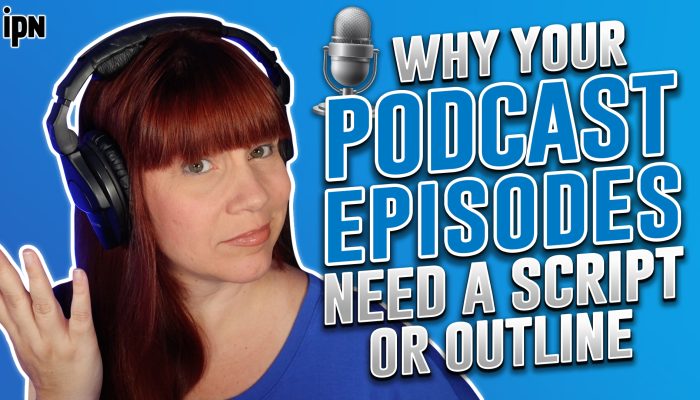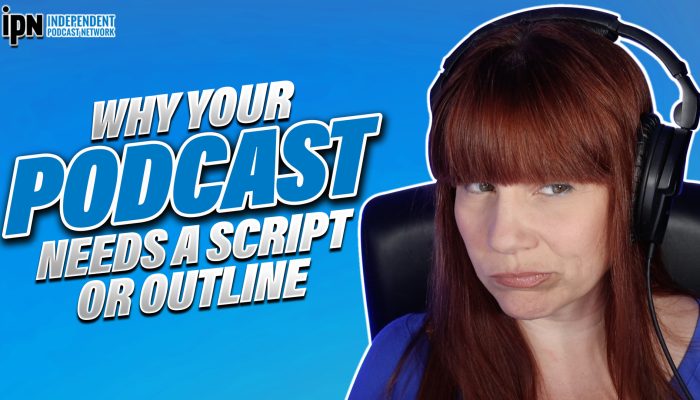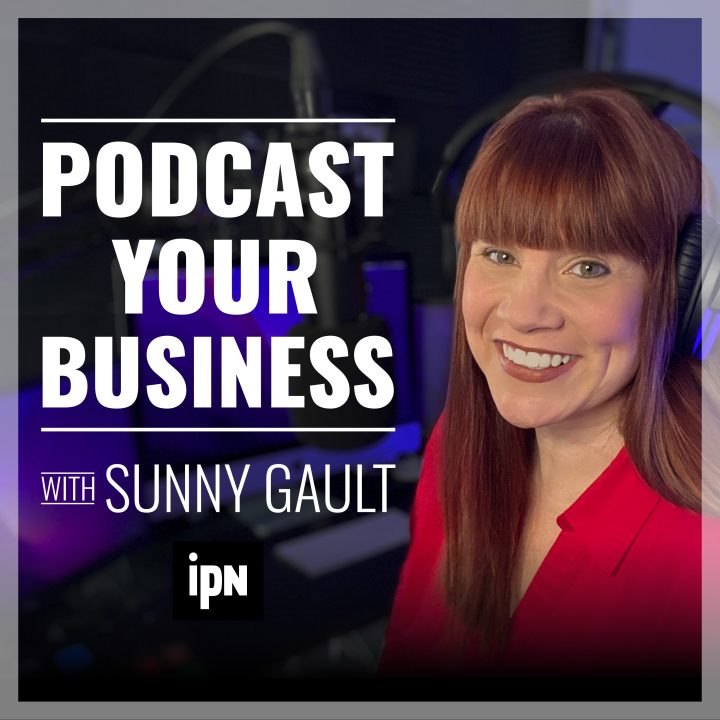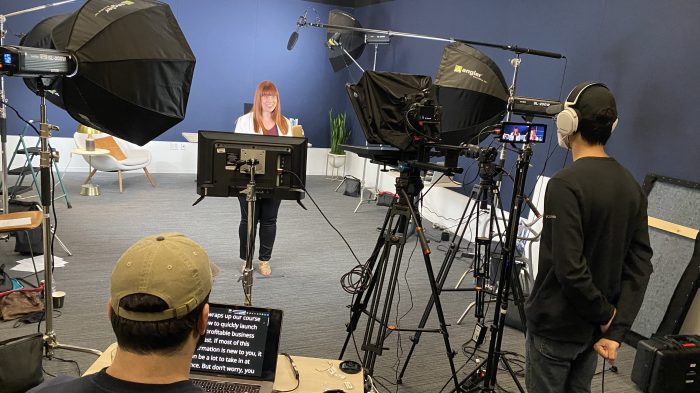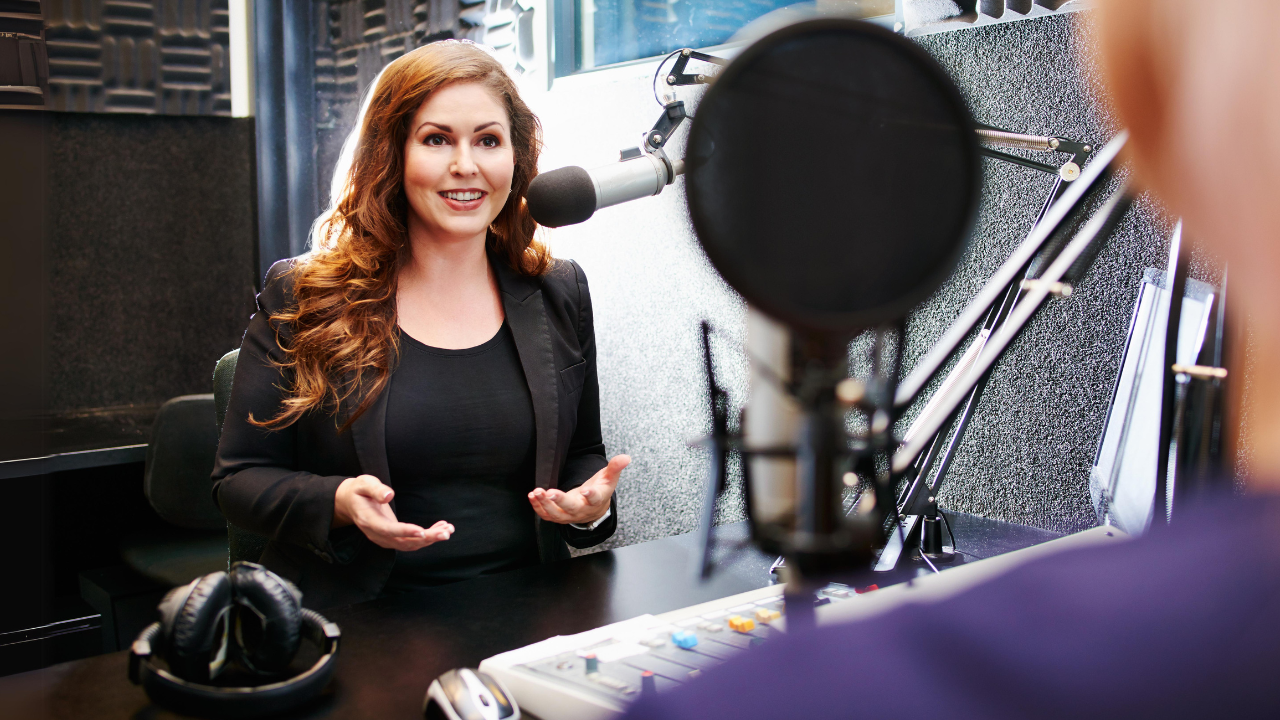
Booking industry experts as podcast guests can be a daunting task, especially if you’re just starting or don’t have an extensive network. It requires a strategic approach, effective communication skills, and a willingness to offer value in return.
Tip #1: Find the Right Industry Experts for Your Podcast
To find the perfect industry experts for your podcast, start by diving deep into your niche and target audience. Get to know their interests, challenges, and the topics that resonate with them by creating a comprehensive audience avatar. This will give you a solid foundation for identifying the experts who can provide the most relevant and impactful information.
With a good grasp on your niche, you can create a list of potential experts who align with your podcast’s themes and goals. Look for individuals who have made a name for themselves as thought leaders, innovators, or influencers in your industry. But don’t just settle for any expert – prioritize those who are the most relevant and influential to your audience.
Tip #2: Craft a Compelling Pitch
Remember these experts are busy. So, keep your pitch concise and professional. Respect the expert’s time by getting to the point quickly and clearly outlining the details of the interview. Include information about the estimated duration of the interview, the format (audio or video), and any specific topics you’d like to cover. Make it easy for the expert to say yes by providing clear next steps and being flexible with scheduling.
When crafting your pitch, focus on highlighting the benefits for the expert. Emphasize how appearing on your podcast can help expand their reach, showcase their expertise, and connect with a new audience. Position the interview as an opportunity for them to share their insights, promote their work, and establish themselves as a thought leader in their field.
To make your pitch even more compelling, showcase your podcast’s value and audience. Share relevant statistics, such as your listenership numbers, demographic information, and engagement metrics. Highlight any notable guests you’ve had in the past or any significant milestones your podcast has achieved.
Tip #3: Leverage Social Media
One way to leverage social media is to engage with the expert’s content on social media. Follow them on platforms like Twitter, LinkedIn, and Instagram, and take the time to read, like, and comment on their posts. Share their content with your followers and add your thoughts or insights to the conversation. This demonstrates your genuine interest in their work and helps you establish a presence in their online community.
Another method is to participate in relevant online communities where your target experts are active. Join industry-specific groups, forums, or hashtag discussions on platforms like Facebook, LinkedIn, or Reddit. As you build a reputation as an active and knowledgeable participant, you’ll have more opportunities to connect with experts and establish relationships.
When reaching out to experts on social media, focus on building a relationship before asking. Take the time to interact with their content, share their work, and engage in conversations. Once you’ve built a rapport, you can reach out to the expert via social media to gauge their interest in appearing on your podcast.

Tip #4: Time Your Request
One of the most important factors to consider when sending interview requests is the expert’s schedule and availability. Before sending your pitch, take some time to research their current projects, upcoming events, or any other commitments they may have. Avoid reaching out during peak busy times or when they’re likely overwhelmed with other obligations.
Even without any particular event or project taking up an expert’s time, make sure to provide ample lead time for coordination. Experts are often busy and may need to plan their schedules well in advance. Aim to reach out at least a few weeks to a month before your desired interview date to allow for sufficient preparation and coordination.
It’s also a good idea to be flexible with your timing and offer multiple options for the interview. Provide a range of dates and times that work well for you, and be open to accommodating the expert’s preferences. This shows respect for their time and can increase the likelihood of securing a successful interview.
Tip #5: Follow Up
Following up effectively is a delicate balance between persistence and professionalism. You want to show the expert that you’re genuinely interested in having them on your show, but you also don’t want to come across as pushy or desperate.
When it comes to timing your follow-up, allow sufficient time for the expert to respond to your initial request. They may be busy with other commitments and may need a few days to a week to get back to you. If you haven’t heard back within about a week, it’s appropriate to send a polite reminder. However, try to send your reminder on a different day of the week in case they have a recurring meeting.
In your follow-up message, reiterate your interest in having the expert on your podcast and briefly highlight the key points from your original pitch. Keep the message concise and friendly, and avoid making any assumptions about why they haven’t responded. Instead, focus on the value you can offer and the potential benefits of the interview for both the expert and your audience.
Tip #6: Prepare for the Interview
Thorough preparation is key to ensuring a smooth, engaging, and valuable interview that delivers on the promises you made in your pitch. Start by conducting thorough research on the expert and their work. Dig deep into their background, expertise, and recent projects or accomplishments. This research will help you ask informed questions, demonstrate your genuine interest, and create a more engaging conversation.
As you research, jot down potential questions or discussion points that align with the expert’s expertise and the goals of your podcast. Aim to create a mix of questions that cover their background, current projects, industry insights, and actionable advice for your listeners. When crafting your questions, focus on open-ended prompts that encourage the expert to share their experiences, opinions, and unique perspectives.
That preparation extends to preparing your guest as well. Let them know what you plan to cover in advance, what specifics your audience is most interested in, and any other details you can provide ahead of time that will help them prepare too.
Conclusion
Keep in mind, booking expert guests is an ongoing process, not a one-time event. Continuously seek out new opportunities, stay engaged with your network, and always be on the lookout for emerging experts and thought leaders in your field. By consistently delivering valuable content and fostering meaningful connections, you’ll establish yourself as a go-to resource and attract even more high-caliber guests to your show.
